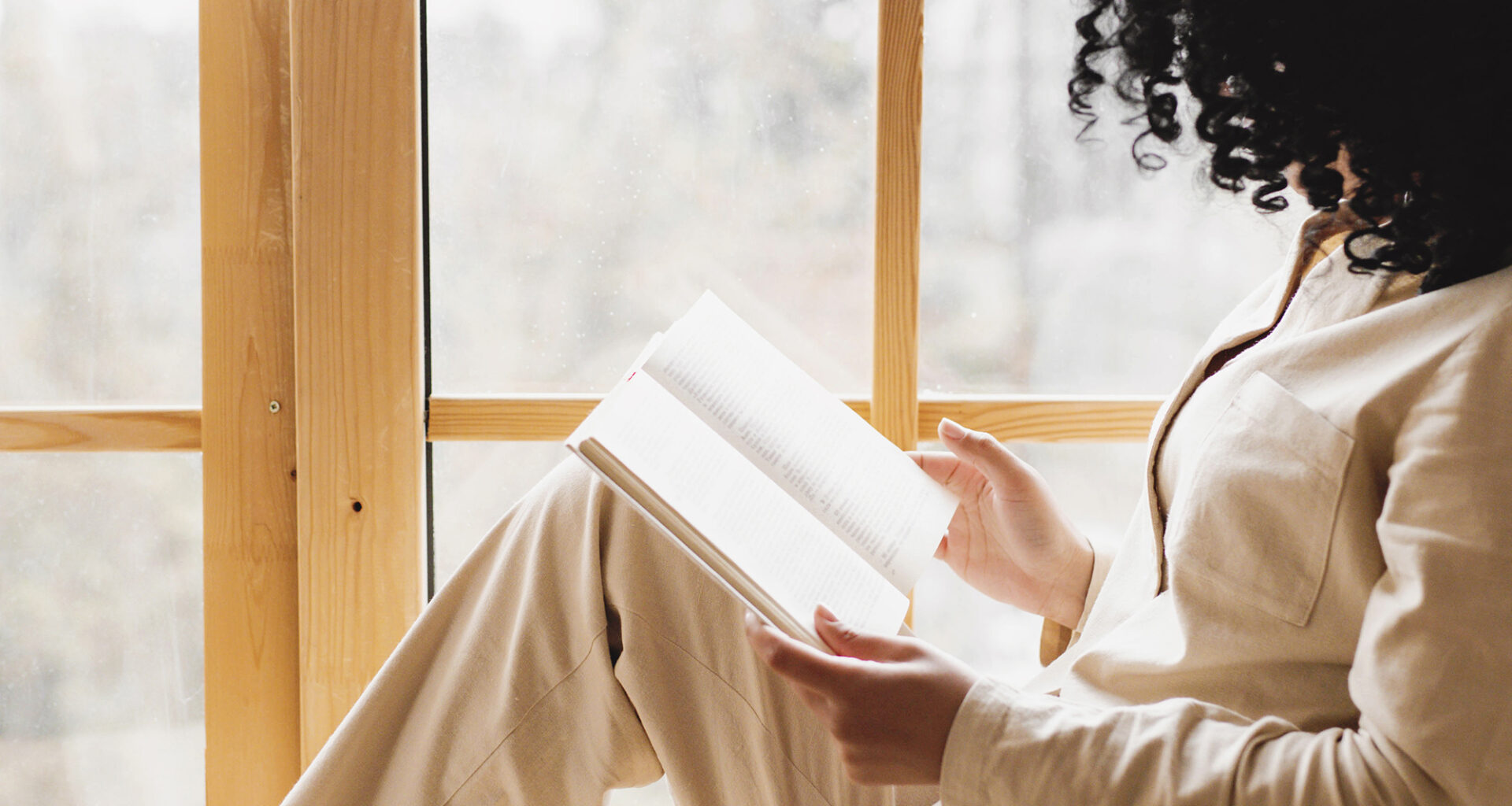Feeling anxious can make ordinary moments feel overwhelming. Whether it arises from work, social situations, or personal stressors, anxiety often disrupts focus and peace of mind. Having simple, effective self-care strategies in place makes it easier to regain control and clarity when those tense moments hit. A consistent, personalised ritual helps reduce the intensity of anxious feelings and provides a reliable path to calm.
These rituals are not elaborate or time-consuming. In fact, the simpler they are, the more likely they are to be useful during stressful times. Like making tea or brushing your hair, they can become small acts of care that bring your mind and body into the present. When anxiety strikes, turning to something familiar and supportive makes a real difference.
Building a Toolkit for Everyday Calm
A personalised self-care toolkit offers support whether anxiety occurs occasionally or more frequently. Because everyone experiences anxiety in different ways, a flexible toolkit helps cater to individual triggers and responses.
Your kit might include items like a grounding object, a soothing scent, or a gentle playlist. For example, someone who feels tension during work hours might benefit from a small, smooth pebble in their pocket. Others might prefer quiet sounds or soft textures to bring comfort during a busy day.
Oral care is one routine that’s often overlooked, yet brushing your teeth engages the senses in a steady, familiar way. It’s a grounding act that helps anchor your awareness, particularly when you’re feeling scattered. Maintaining a healthy oral routine also contributes to emotional wellbeing. Booking regular appointments with a trusted professional, such as a dentist in Wirral, can help reinforce this routine, adding a layer of calm and predictability to your self-care plan.
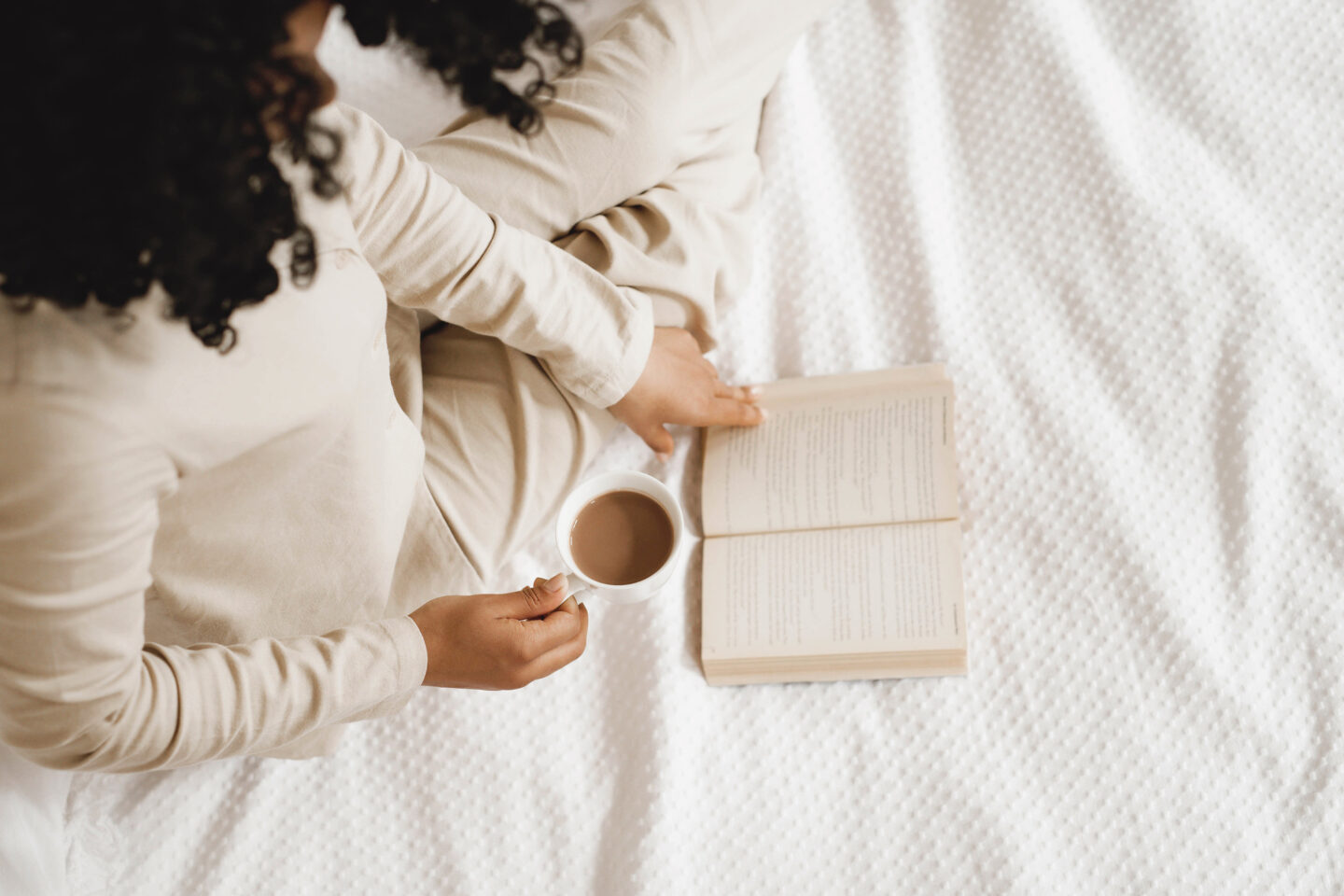
Rituals That Offer Predictability and Comfort
Anxiety thrives in the unknown. That’s why structured rituals provide such comfort. When stress escalates, knowing exactly what to do next creates a sense of security. The body begins to respond more gently to stress over time, and the mind learns that calm is within reach.
Simple repetition plays a powerful role. The more often a ritual is practised, the easier it becomes to access in high-stress situations. Familiarity turns actions into anchors that support mental steadiness when you’re under pressure.
The best rituals are tailored to individual needs. Some people feel grounded through sound, others through touch or visual cues. If one approach causes discomfort, it’s best to try something else. Self-care should always feel supportive, not burdensome.
Trying out small alternatives helps fine-tune your response. Switch background noise for silence or replace a movement-based activity with a still one. These small adjustments guide you to practices that soothe rather than agitate.
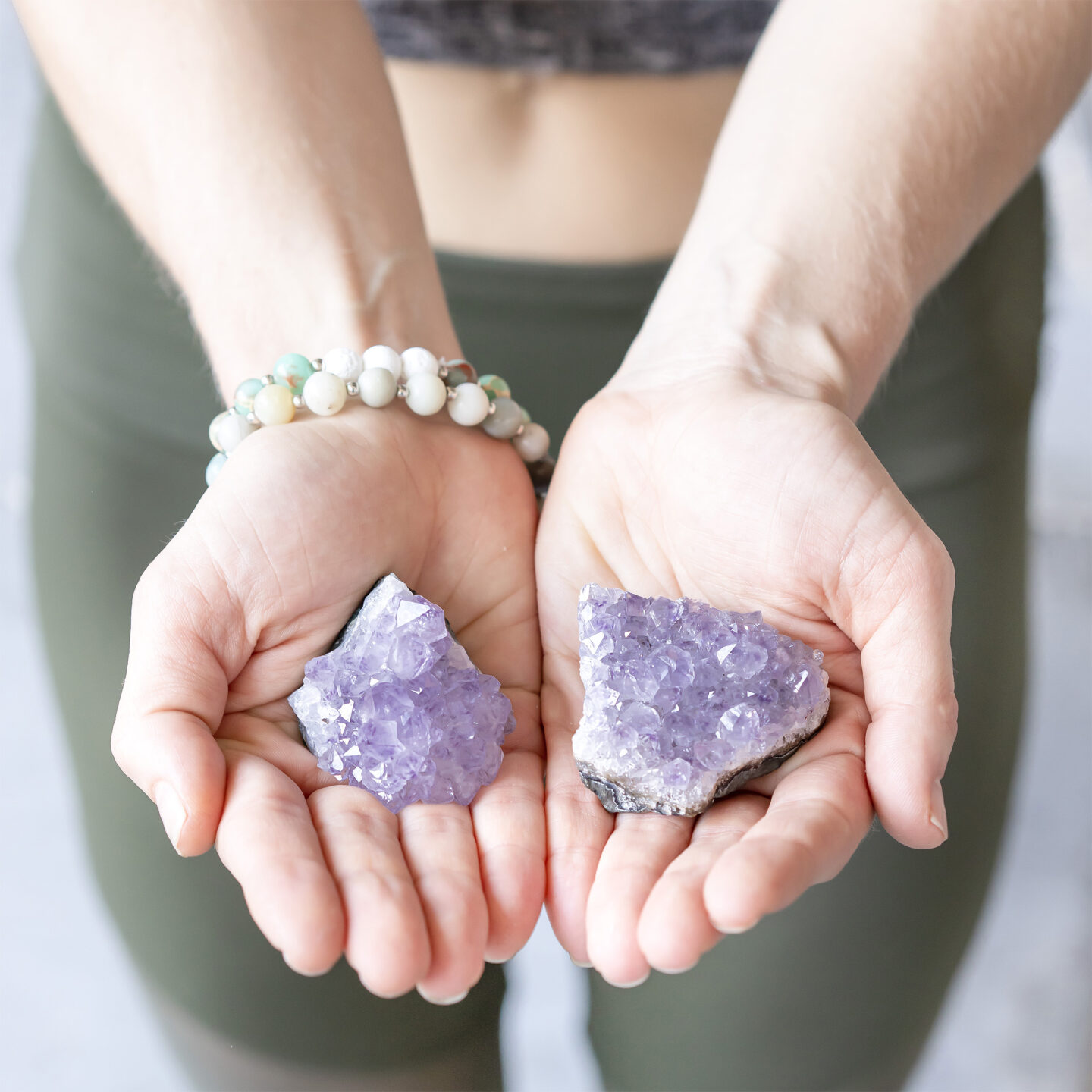
Sensory Tools for Grounding in the Moment
Tapping into your senses can be a highly effective method for redirecting anxious thoughts. Engaging with touch, scent, sight, sound, or taste draws your attention to the current moment, breaking the mental loop of worry.
Create a simple sensory toolkit with a few easy-to-carry items. These might include a favourite tea bag, a calming essential oil, a textured item like soft fabric or stone, or even a soothing photograph. The goal is to have practical tools available when anxiety arises.
Using sensory input consciously helps shift attention away from anxious thoughts. It encourages the mind to focus on the now, helping regulate emotional responses more effectively. This is especially helpful in busy or unpredictable environments.
Portability is key. A small pouch with a few calming items can stay in your work bag, desk, or pocket. Choose items that fit your daily environment. Quieter items may be more appropriate at work, while more interactive tools could suit home routines.
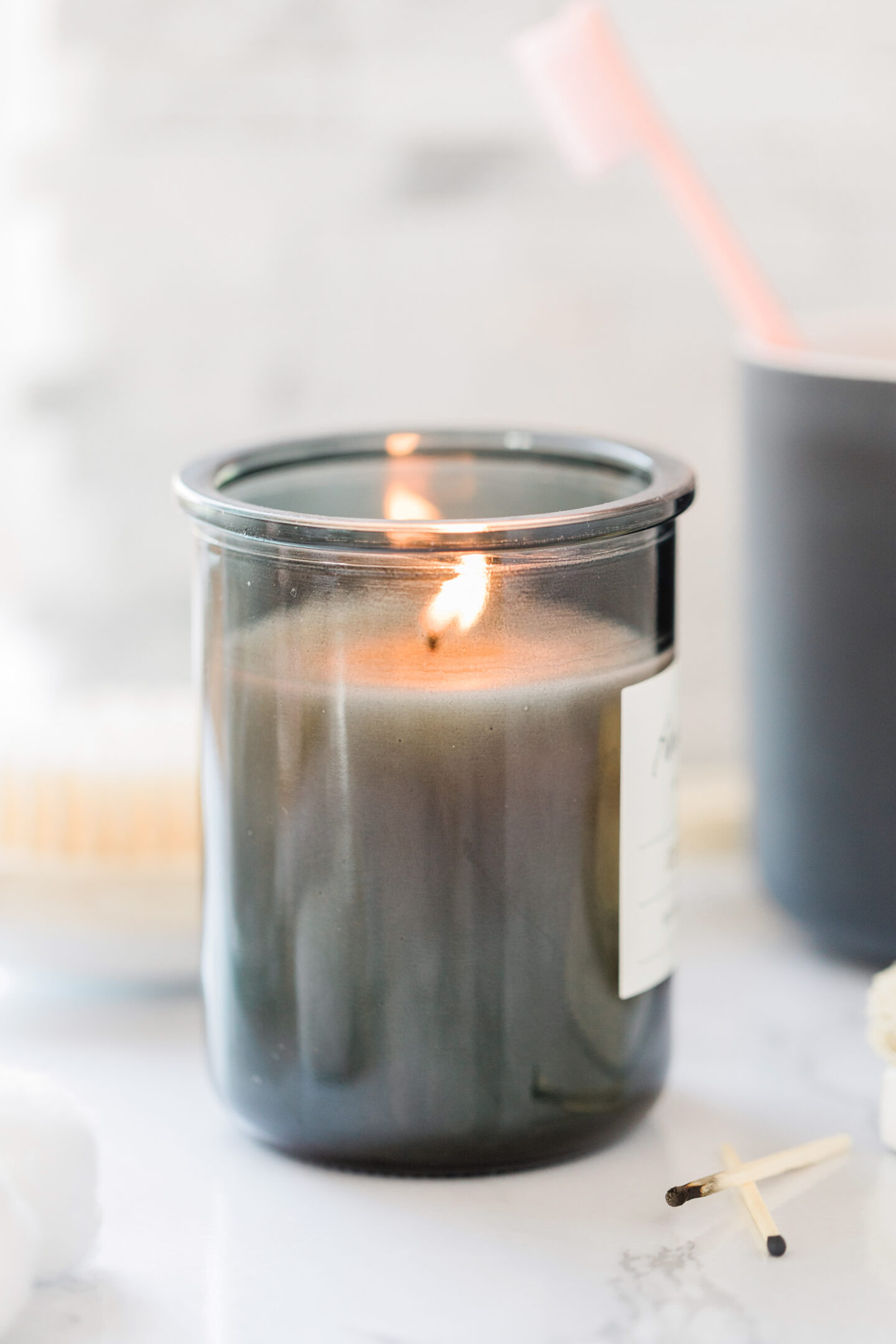
The Benefits of Oral Care as a Grounding Practice
Among the most overlooked self-care tools is daily oral hygiene. Brushing your teeth involves multiple senses: taste, touch, movement, and rhythm. Focusing on these sensations can transform a regular hygiene task into a brief moment of mindfulness.
Paying attention to the taste of toothpaste, the feeling of bristles, and the repetitive movement creates a calming effect. When anxiety is high, such a familiar practice offers an easy return to the present.
Incorporating this into a broader wellbeing routine can be particularly useful. Establishing regular dental visits, such as with a dentist in Wirral, contributes not only to oral health but also to emotional stability. Scheduling and attending appointments add structure and predictability, which helps counter anxiety.
Being present while brushing strengthens your ability to engage in similar mindfulness practices throughout the day. It becomes more than hygiene; it becomes part of your emotional regulation strategy.
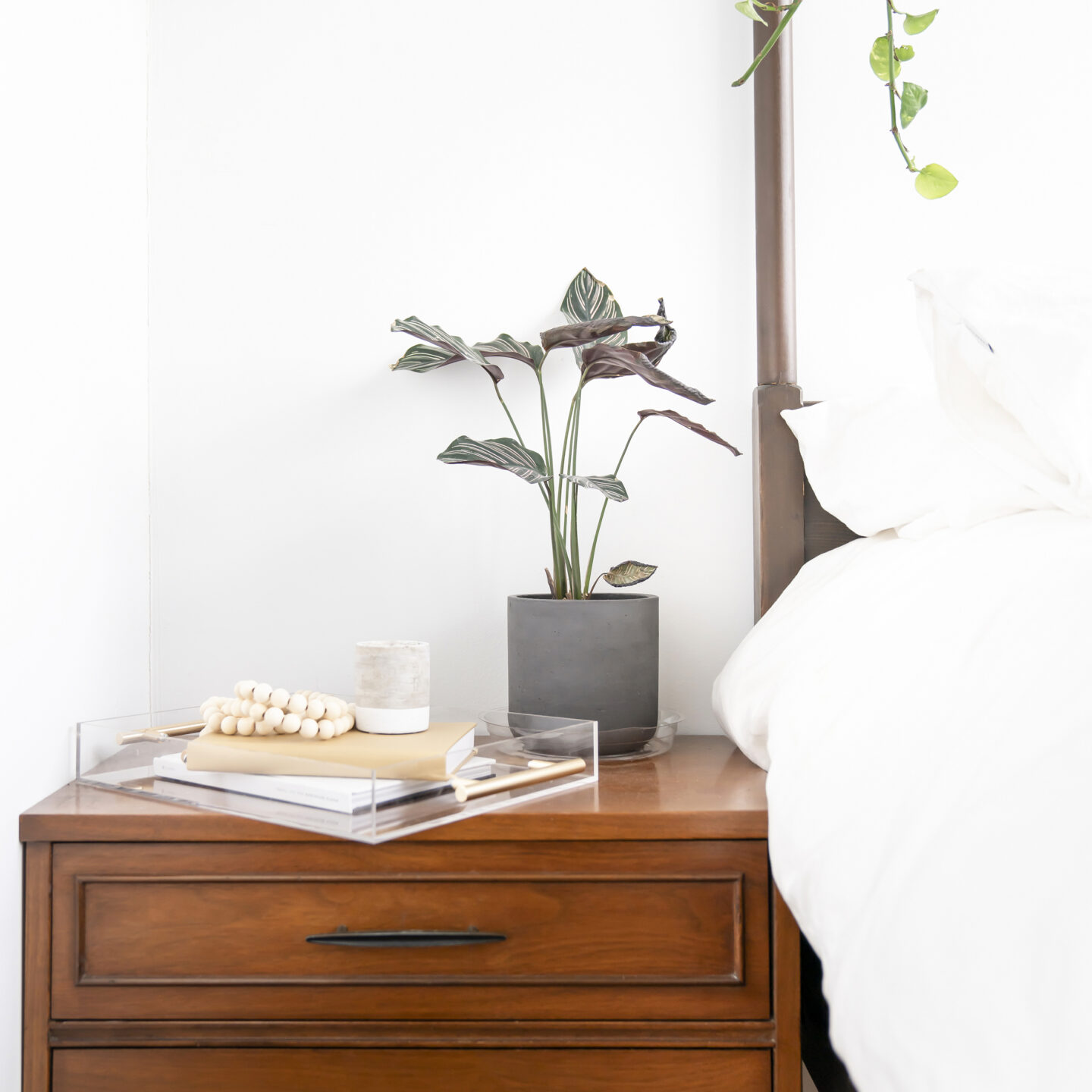
Crafting a Quick 5-Minute Calm-Down Ritual
When anxiety surfaces suddenly, having a short, reliable response makes a difference. A five-minute ritual can provide immediate relief and help prevent symptoms from escalating.
Start by identifying what typically triggers your anxiety. Then build a short plan that feels comforting. For example, begin by acknowledging your physical sensations and finding a quiet space if one is available. Spend a few minutes doing focused breathing, then use a grounding phrase or mental image to stabilise your thoughts.
Specific breathing techniques, like box breathing or the 4-7-8 method, offer quick relief and can be done discreetly in many settings. Their predictable rhythms help calm the nervous system and shift focus.
Using a simple journal entry before and after your ritual can help track which techniques offer the most relief. Write down how your body feels and rate your anxiety on a scale. After completing the ritual, note any changes. Over time, this awareness helps you build an effective, personalised strategy.
Making Your Ritual Part of Everyday Life
The long-term benefit of any self-care strategy comes from consistency. Rituals that fit naturally into your daily routine are easier to maintain and more effective when needed.
Instead of waiting for the perfect moment, integrate short actions into your day. Deep breathing while waiting for the kettle to boil or mindful walking between meetings can become powerful supports. These brief, intentional practices make a difference.
Pairing new habits with existing routines increases their success. Linking your calming ritual to something you already do, such as brushing your teeth or finishing lunch, makes the habit easier to remember.
Flexibility is important. While some rituals work best at home, others should be easy to use at work or while travelling. Adjust your routine depending on your environment so you always have a go-to method for anxiety relief.
It’s also useful to review your self-care plan regularly. If a certain practice no longer feels helpful, replace it with something more effective. This prevents rituals from becoming automatic and losing their positive impact.
Keeping Calm Within Reach
Creating a calming ritual is about making support available when needed. By using familiar activities and sensory tools, you build a practical way to stay grounded during anxious moments.
Every small act of self-care contributes to greater emotional stability. Whether it’s a sensory toolkit, a brushing routine, or a quiet breathing pattern, the key is making it personal and consistent. Keep checking in with yourself, adjusting where needed, and relying on what works.
Over time, these rituals become more than tools. They become trusted responses that gently guide you back to calm.
All the best,


